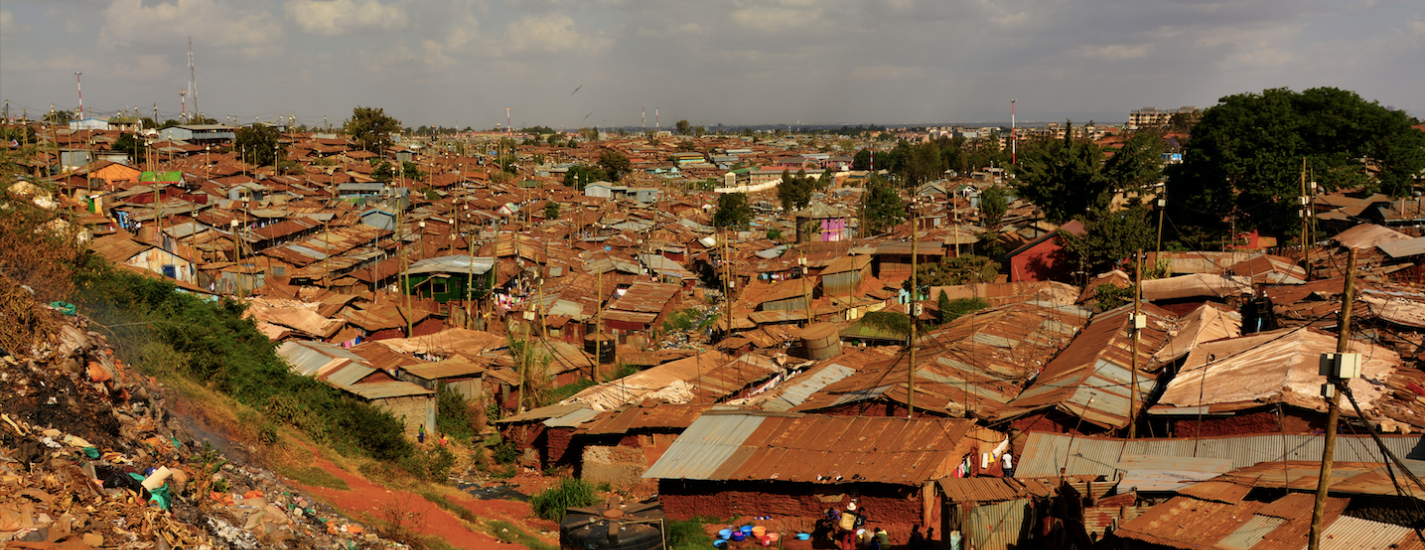On this eye-opening live-streamed virtual session, learners will embark on a journey to Kibera, the largest slum in Africa, home to more than 250,000 residents. This session offers a unique opportunity to gain firsthand insight into life in Kibera, where poverty, inadequate infrastructure, limited access to healthcare, and environmental degradation converge, creating a complex and challenging living environment.
During the visit, learners will explore the daily lives of Kibera's residents, beginning with a tour of a typical 12x12 house that accommodates up to 8 people. This glimpse into the crowded living conditions highlights the stark realities of urban poverty. Participants will learn about the significant challenges related to water, sanitation, and waste management. In Kibera, access to clean water is limited, and sanitation facilities are often inadequate, leading to health risks and exacerbating the hardships faced by the community.
Climate change further complicates these issues, as extreme weather events and shifting climate patterns disproportionately affect those living in vulnerable urban areas. Learners will explore how rising temperatures, flooding, and other climate impacts worsen the conditions in marginalized communities like Kibera. By understanding the intersection of climate change and urban poverty, participants can appreciate the urgency of addressing environmental issues alongside social and economic development.
The session also delves into the broader implications of living in an urban slum. Learners will examine how poverty and environmental degradation are interconnected, with poor infrastructure and inadequate services contributing to a cycle of vulnerability. The lack of proper waste management systems leads to pollution and health hazards, further degrading the living environment. This exploration underscores the importance of sustainable urban development and the need for holistic solutions that address multiple facets of urban life.
To enrich the learning experience, the session includes interactions with residents and local experts who provide personal perspectives and expert insights. Through these conversations, learners will gain a deeper understanding of the resilience and ingenuity of Kibera's residents as they navigate daily challenges and strive to improve their community. These stories of resilience highlight the potential for positive change and the role that individuals and communities can play in driving development.
Enrolling in this course offers higher education learners and faculty a comprehensive understanding of the complexities of sustainable development in urban slums. The session can complement a variety of academic subjects, including sociology, urban studies, environmental science, and public health. By integrating this nuanced topic into their curriculum, educators can provide students with a well-rounded perspective on the interconnected issues facing marginalized urban populations.
Ultimately, this virtual session aims to inspire participants to become catalysts for positive change. By fostering empathy and a deeper understanding of the challenges faced by urban slum communities, the course encourages learners to think critically about sustainable development and consider innovative solutions to address these multifaceted issues. Whether pursuing careers in academia, policy, or community development, participants will be equipped with the knowledge and perspectives needed to make a meaningful impact on the lives of those living in urban slums around the world. Enroll now to embark on this transformative learning journey and contribute to creating a more equitable and sustainable future for all.


 Globe From Home Team
Globe From Home Team
Write a public review